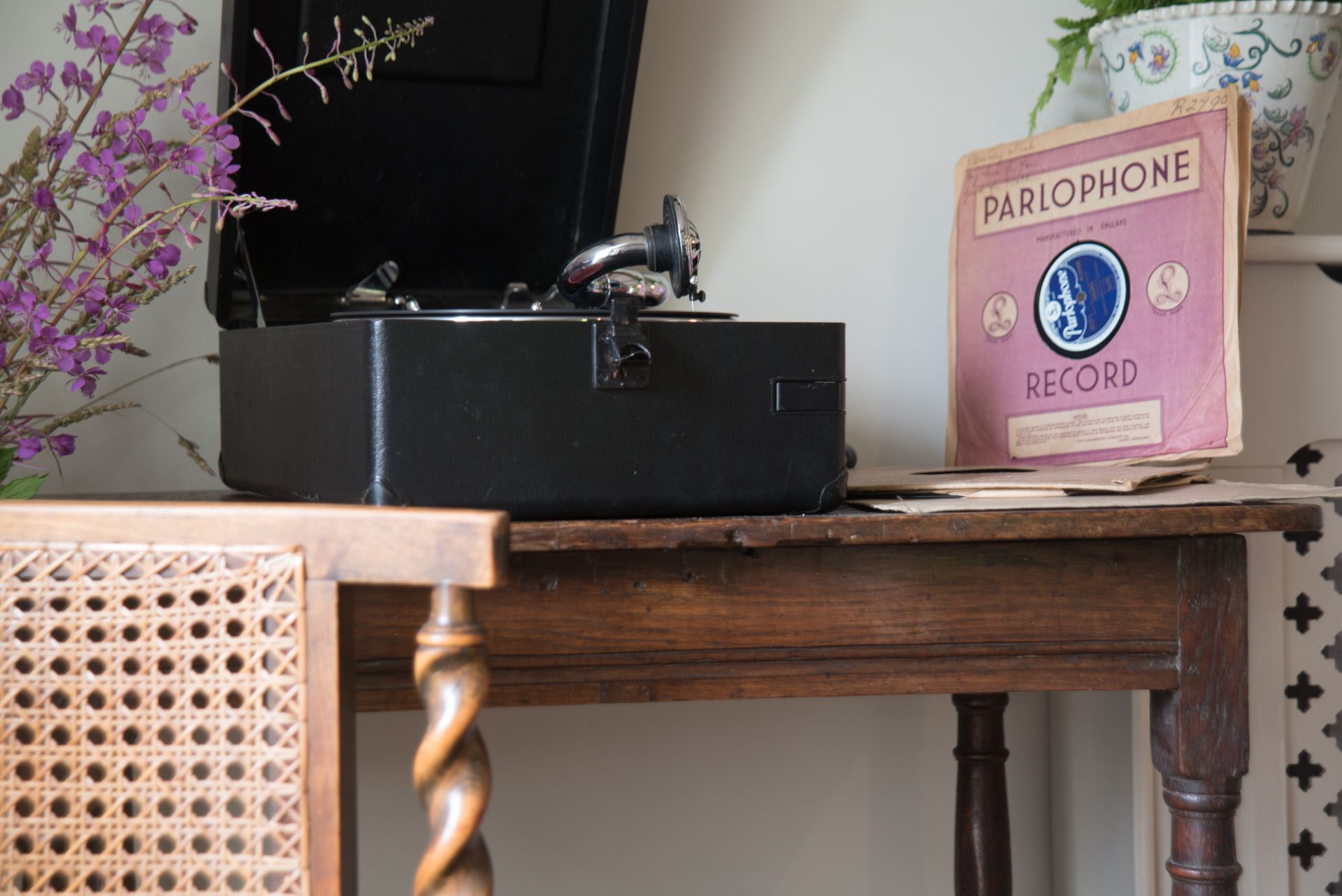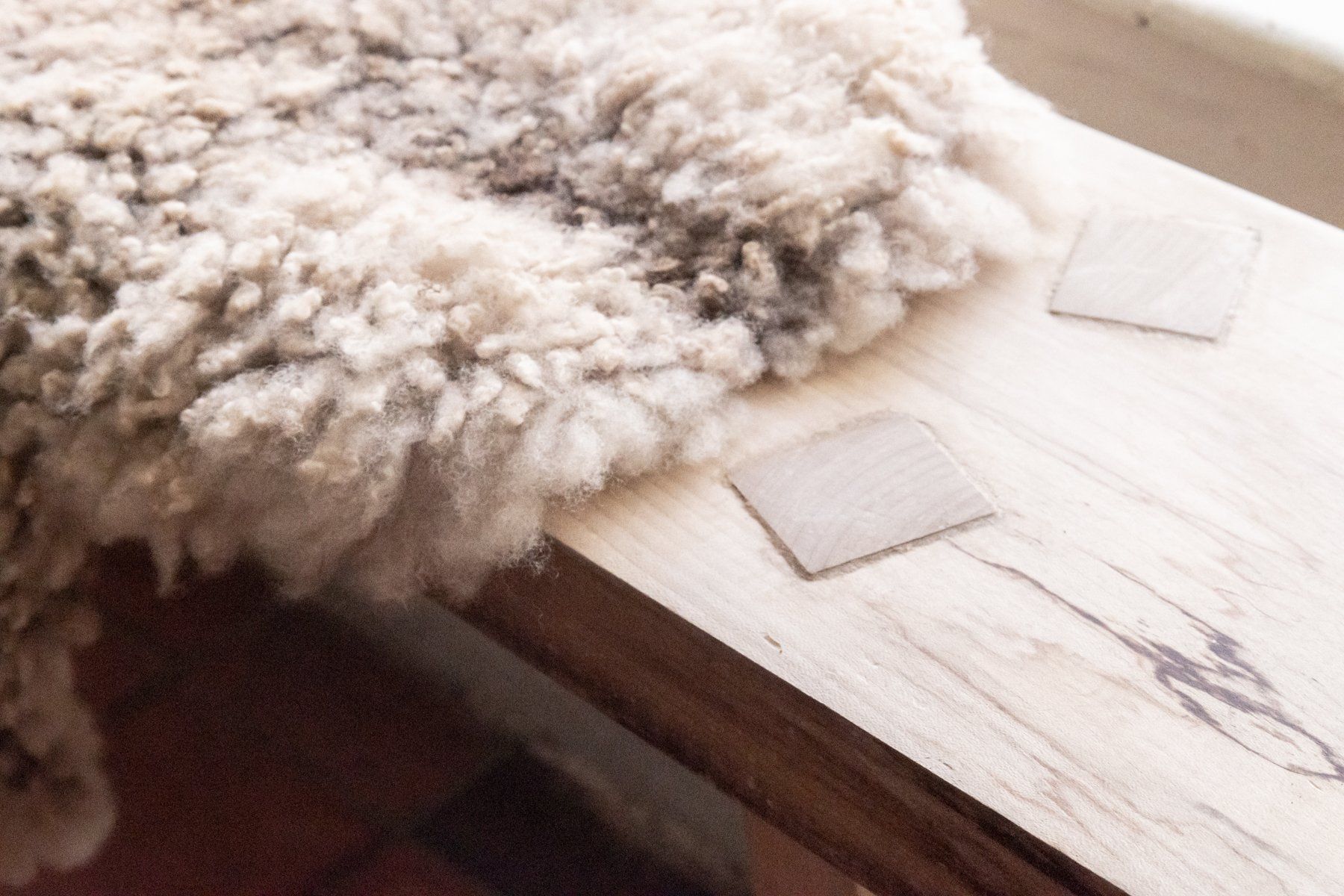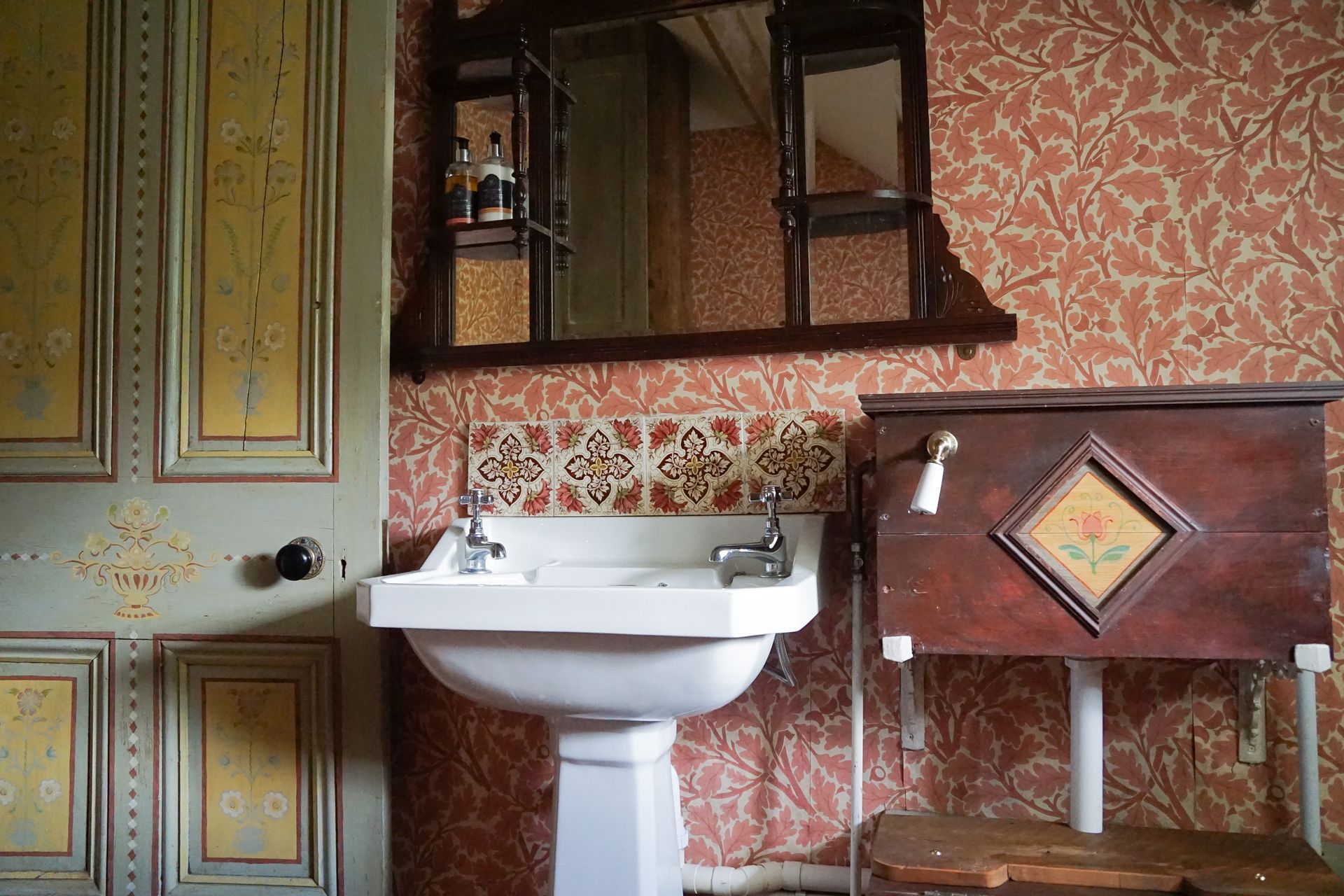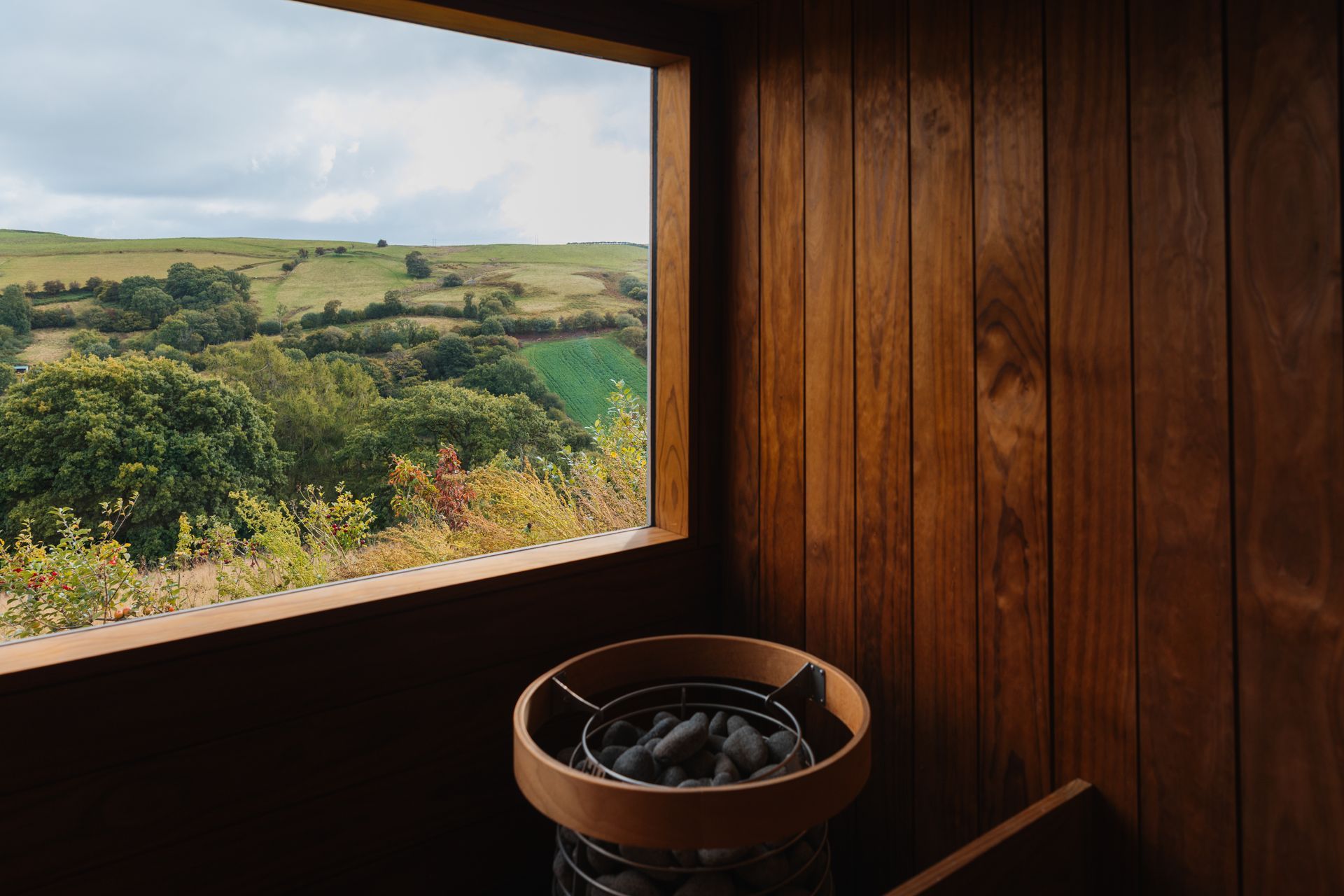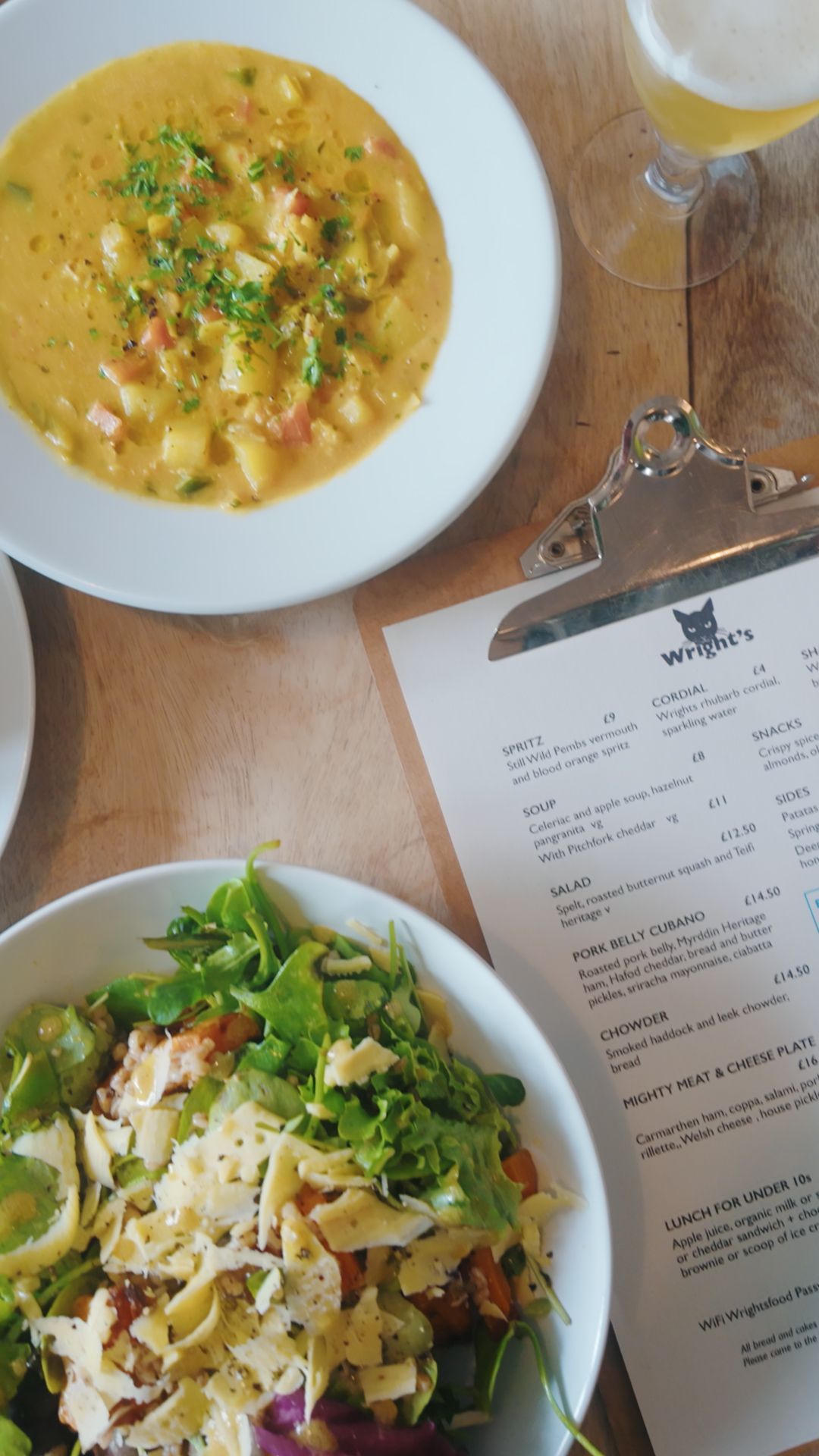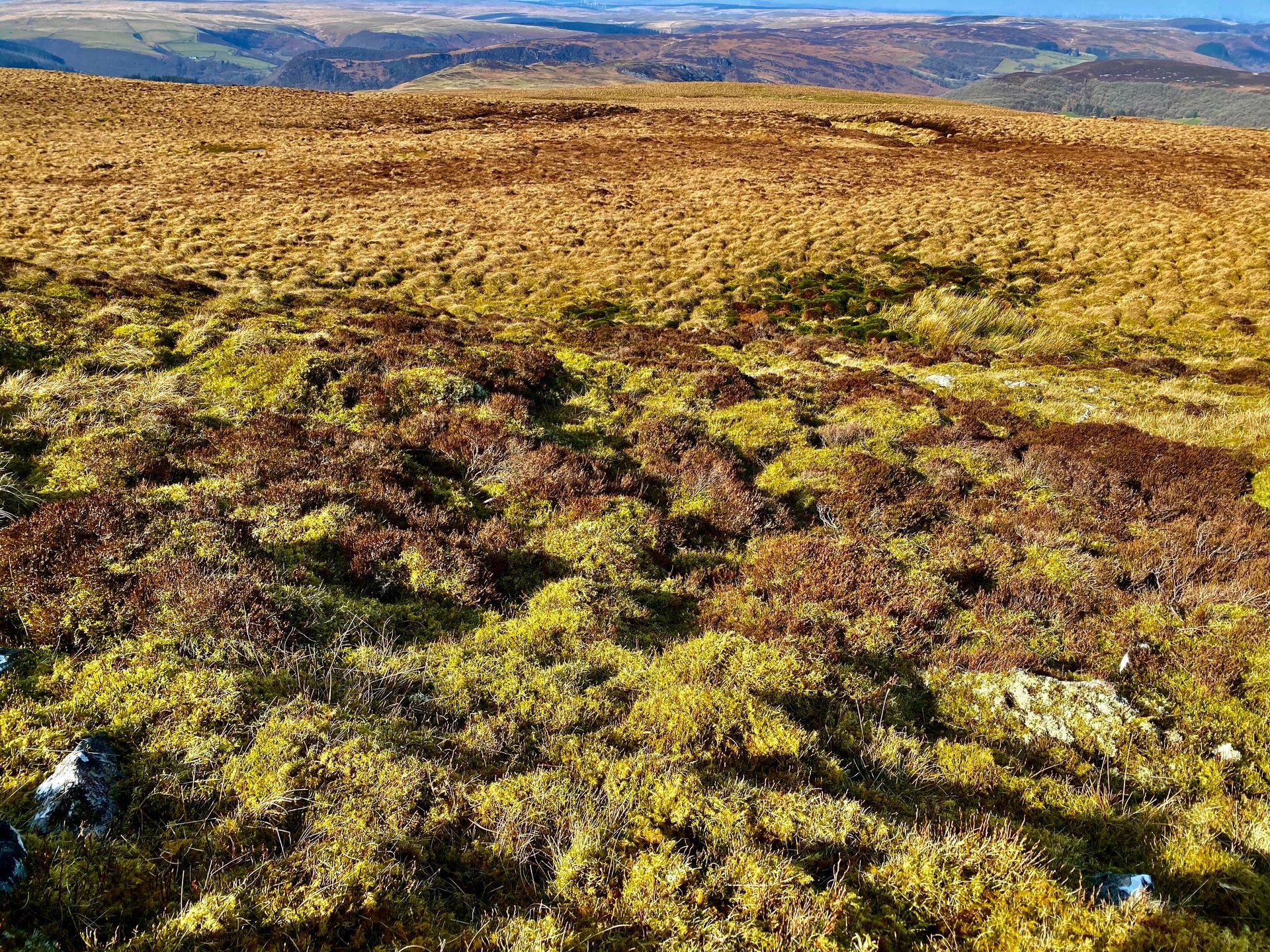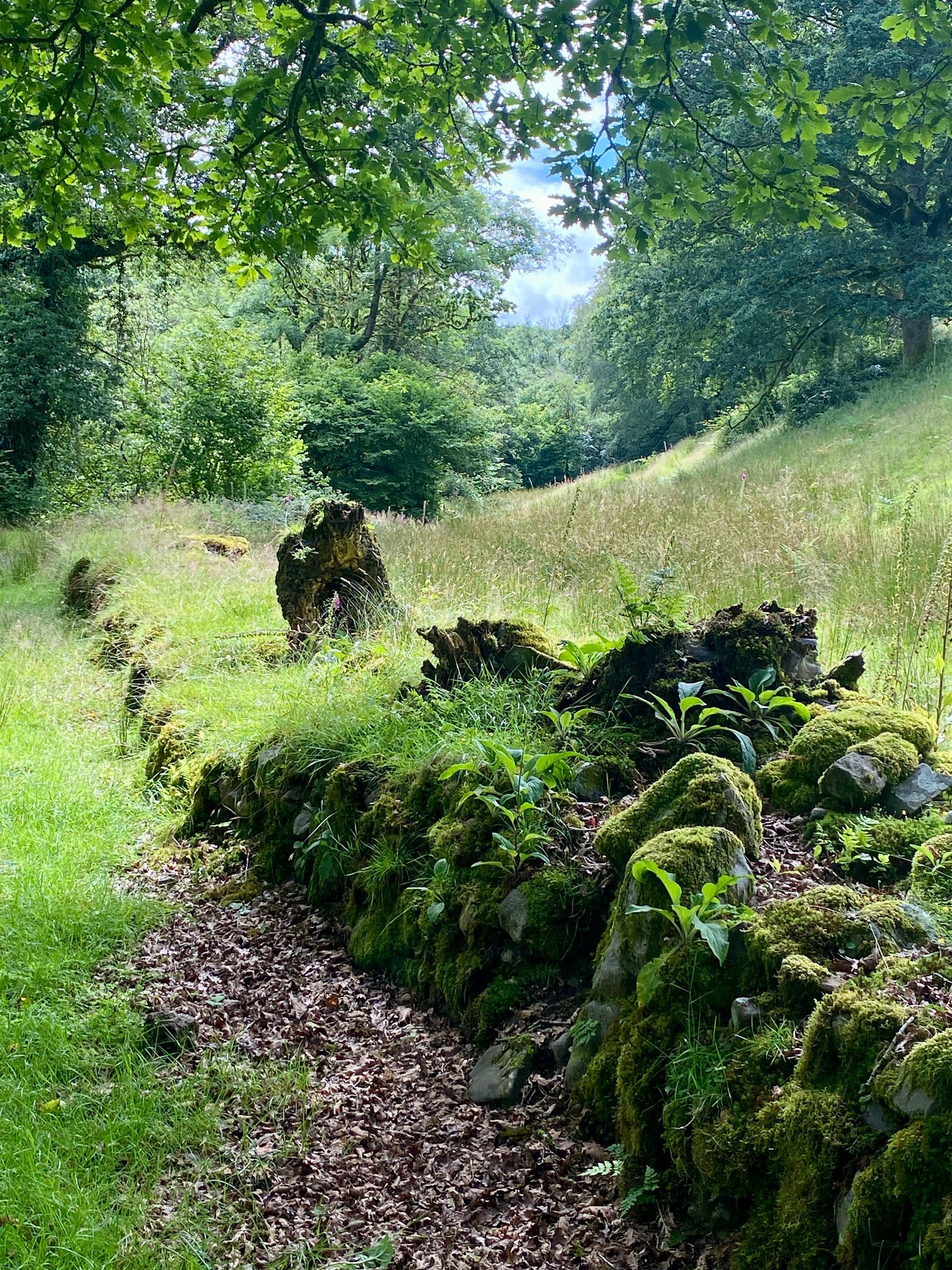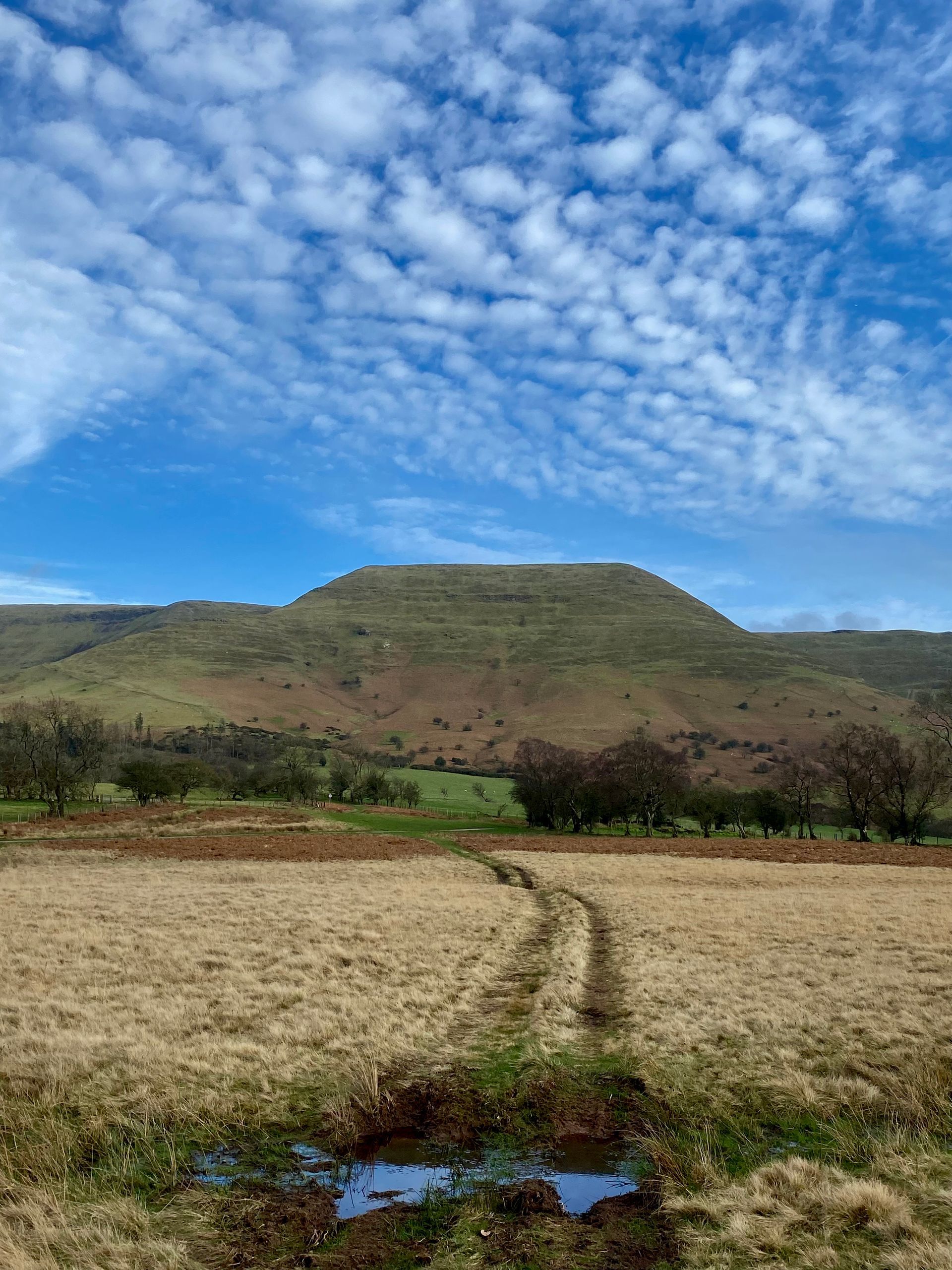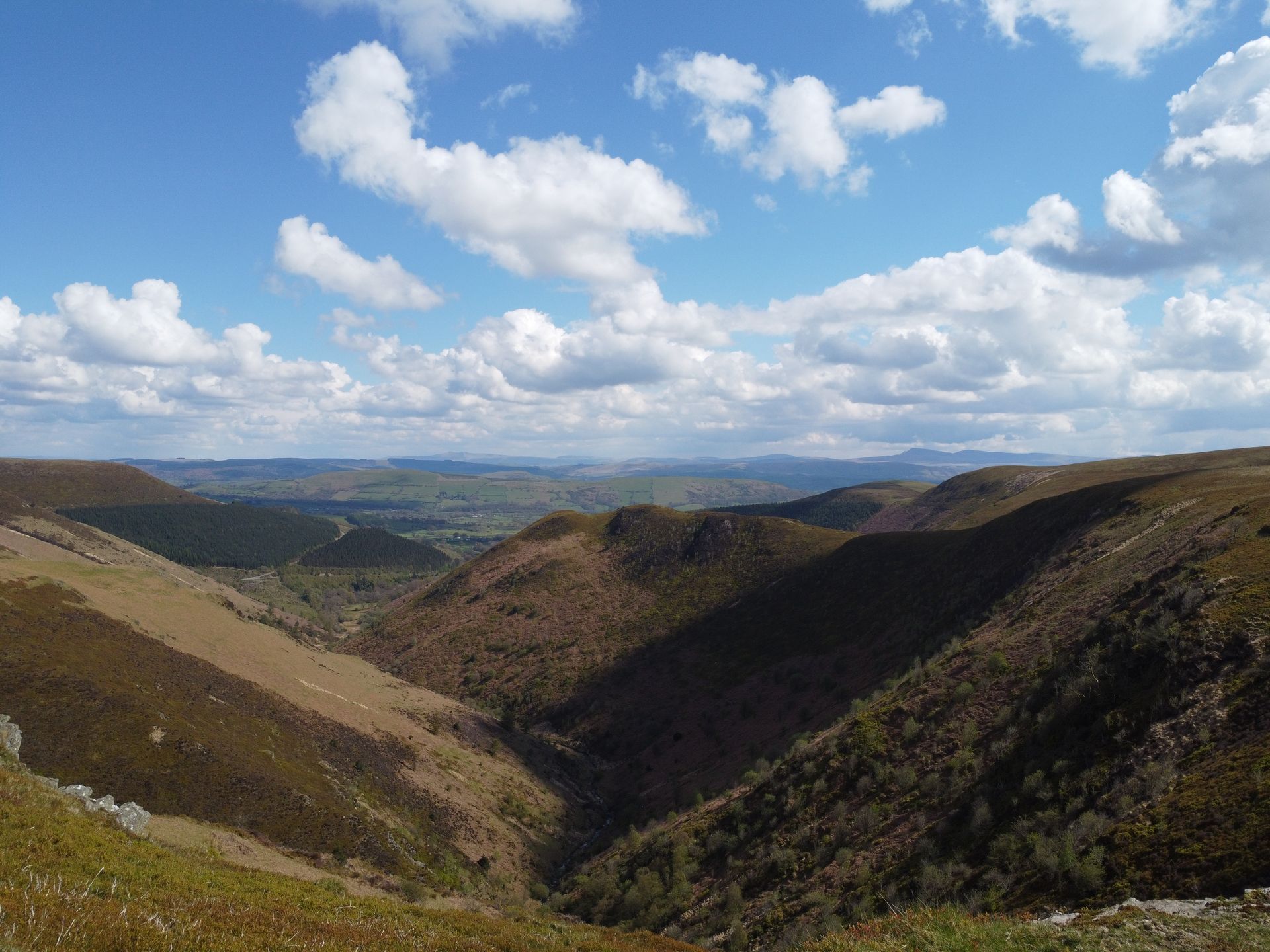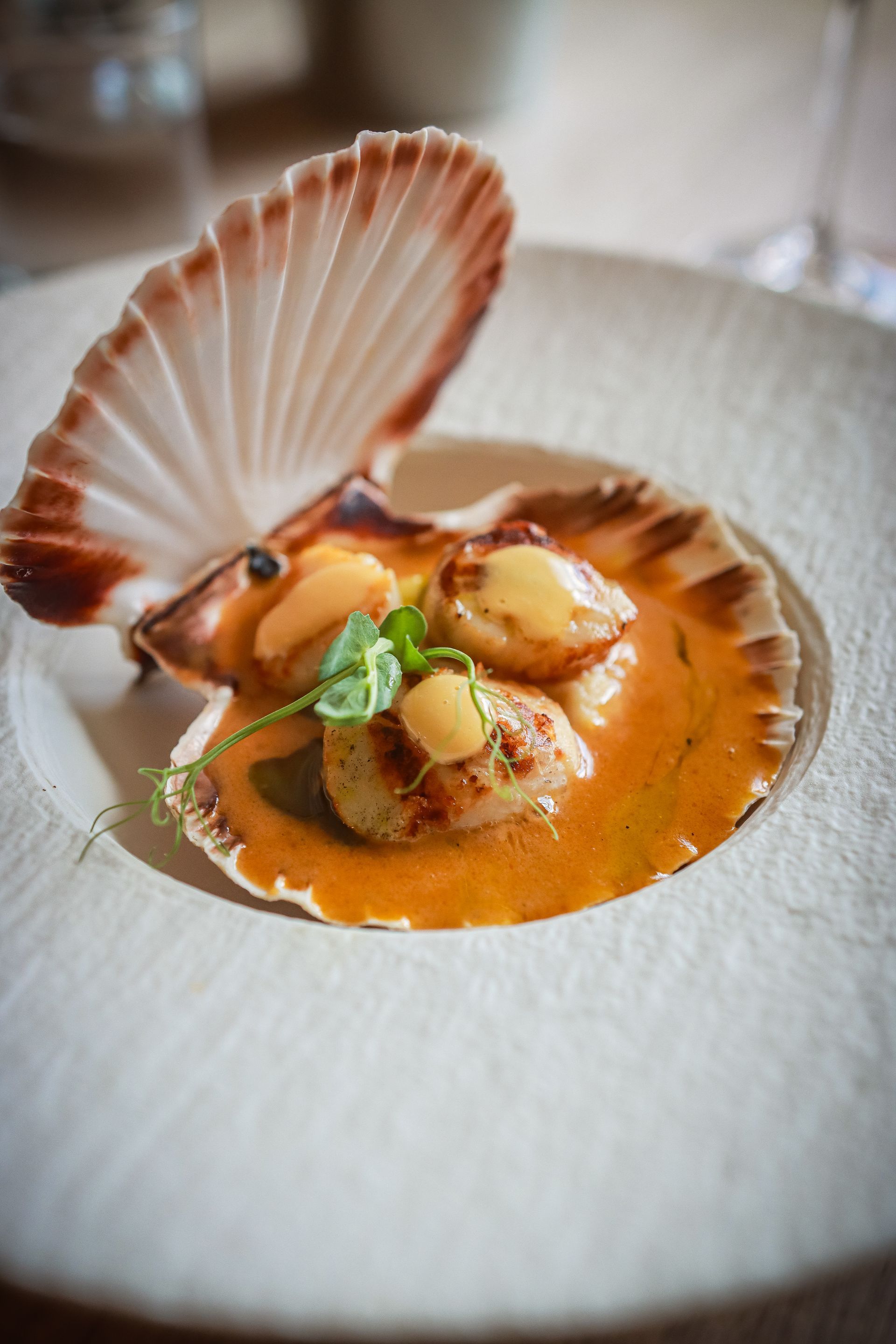How to start a holiday let business
15 quick and dirty hacks to help you set up a holiday cottage business
As we complete a decade of renovating and running holiday cottages in England and Wales and enter our 6th year at Cambrian Escapes, we've been reflecting on the changes in the staycation industry.
Back in the day, you listed with a single agency; January was the hottest booking month of the year and everybody booked their week-long holiday. Short breaks were still the domain of hotels and B&Bs and 80% occupancy (in England anyway) was the no-sweat breaking norm. Airbnb was still a toddler and not on the cusp of becoming an Oxford English Dictionary entry for being the dark destroyer of local housing and colloquial noun for short term accommodation.
As we enter 2024 it’s a fiercely competitive domestic market, with some blow-your-socks-off properties and a plethora of back garden pods and cabins.
Everybody is doing it, which means you need to work even harder to stand out from the crowd.
This year, it’s set against a backdrop of recession and, following the pandemic, governments have waded in with some extremely impactful regulations that have hit people working in tourism, hard.
Wales has introduced new regulations around minimum occupancy, which means that if you don’t achieve 182 nights occupied (105 nights in Scotland and England), your business gets taken off Non Domestic Rates, is classed as a second home and liable to up to 4x council tax, albeit with a few exceptions, like if it’s an annexe.
There’s a new and expensive statutory licensing scheme in Scotland - you cannot rent a property on any platform without having a short term letting license. In Wales, as well as an imminent licensing scheme, a tourism tax will be introduced in 2026 and collected by accommodation owners.
With Cornwall always being mooted as the most blighted county for second homes ownership, England is just beginning to stir its stumps. Michael Gove has just announced (Feb 20 2024) that a short term holiday lets will need to go on a national register and will need to apply for planning permission to operate. If an area has too many, then it's likely they will be registered as a second home and come in for large council tax bills.
All this means your business has got to be blinking brilliant, attracting loads of guests and still make you money - even if you slash prices to rock bottom, pay 25% commission to multiple booking platforms, and offer often loss leading one night stays to keep up with the Jones’s.
New York
Photography hacks: New York rocking the rumpled bed look. Don't fall for the old towels on beds shots
Sands of Time
Photography hacks - it's all abot the detail: The gramaphone in Skyloft
Beyond Boundaries
Photography hacks: Details. A lovely sheepskin bought from our friends at Penbanc pasture, on a handmade bench in Glanyrafon
Faces of Humanity
Photography hacks. No need to shoot the whole room on wide angle. Details of the interiors
patterns in the bathroom in Skyloft
THE PROPERTY
Who, what and why?
The crucial questions to ask yourself are: Why are people going to choose to stay at your place?
What are its USPs? Has it got a wood fired hot tub? Or a stunning coastal view, a downhill mountain bike run or an outstanding gastropub next door?
Who is your target audience? This includes their age, interests, families, friends or couples and what they want from a holiday. Are you going to take dogs or cats? Design your place to attract your target guests and how they will use the space.
Research is Jack, Queen and King. As well as doing desktop exercises and looking at what other local accommodation providers do, go and stay in places similar to whatever you are planning to do and in a similar price bracket.
And Development We also think you need to keep researching and developing your business. Unless you’ve got a rock solid USP it’s always worth staying on top of travel trends. It means you can hook into social media and add extra value to your offer – often for low or no cost.
We keep asking our accountant if our research staycations are tax off-settable – after all every other business has a Research & Development budget. He keeps saying no.
Interiors & styling
Chances are, you already like interiors and styling and your hosting gene runs into making things as beautiful as possible.
Check out my Pinterest which I used extensively to research and save ideas for the interiors at Cambrian Escapes You can decide whether I stayed true to my initial themes (the boards are Glanyrafon, New York and Holiday Costs). I backed this up by sprawling over interior magazines like House & Garden and latterly the bible Conde Naste Traveler and a few interior books (Ros Byam Shaw, Axel Vervoordt I also have a strong history in Annie Sloan and furniture auctions prior to that. Plus there’s loads of blogs on the best way to hang paintings, what to grow up a north facing wall and so on. Thanks also to a few brilliant friends who were there for wobbles and paint advice.
Scale plans
When you’re working on a layout, we follow the Rita Konig tip of working from the centre of the room out to the edges. Don’t just shove everything against walls and leave the centre empty. Divide rooms up into areas, do scale plans with cut-outs of furniture to help work out layouts, it makes such a difference to see things in plan.
Paint
Farrow & Ball has a section on its website to help you put together colour schemes - genius if you’re looking for inspo or don’t feel comfortable with complimentary colours and the colour wheel. We do think it’s worth buying good quality paint, by the way. It’s a totally different beast and far more durable. Also: don't forget to keep a list of which paint you've used where - totally essential to get the touching up right!
The boring interiors bit
It’s worth applying a few questions to your chosen pieces: How are your furnishings going to stand up to wear and tear? Are you happy to sand down and reoil wooden worktops every year? Are furniture and furnishings good to clean?
Support small local businesses
Tourism at its absolute sustainable best, should support other small businesses and your local community. Try to resist shopping online or the last minute Dunelm Dash. You can find so many fantastic things in local furniture and interior shops, vintage and antiques fairs and you’ll be supporting and connecting other small businesses, which often leads to recommendations and stays. These small businesses will also become part of your social media community.
LISTING & MARKETING
Cottage agencies, rental and listings
The days of the exclusive cottage agency are long gone. Now you can be on as many platforms as you wish, for about 25% commission, or on a listings site you’ll get charged an upfront listing fee. But watch out: some agencies will list you on Airbnb, Booking.com and a gazillion others. All you need to think about is what best suits your property and your location, whether that's a curated set of cottages, or Airbnb.
Photography
You must have brilliant photos. It’s not about squeezing the entire room in to the shot like an estate agent would. it’s about capturing the mood, the essence of the place and the little touches.
Wide angle lens shots and folded towels on beds are out, rumpled linen-clad beds and steaming baths are in.
Always pay for a professional photographer – they often stay for a night or two so you get a range of shots taken throughout the day and night. If you’re listing with an agency they will arrange this.
Creating your own website
There’s a few things to consider about cost here: there is the cost to design & build it, plus an annual hosting fee, booking system charges and the charge of taking online payments via stripe, and so on.
From a purely financial point of view, if you have a single unit, it is better value to pay the 25% commission to have your platform(s)/cottage agency do it all for you – from listing to marketing and collecting the payment.
If you have more than one unit, developing your own brand, like we have at Cambrian Escapes, is important. But, the most important bit: you need to work to make sure your pages rank well and Google drives online traffic and hopefully bookings, to your site. If you don’t have good Search Engine Optimisation (SEO) no one will find you, no matter how pretty your website is.
Listing yourself on Google business gives you a free online presence and you can use it as a function to gather reviews that are then seen by prospective guests, too.
Social media
Everybody is a photographer and a vlogger and it’s important to be on social media – you can share guest posts as well as your own. If you only have time for one channel, match it to the one with the right demographics for your guests. We prefer Instagram but have fettled in all of them.
MONEY MONEY MONEY
Finance & business modelling
Talk to an accountant from the start who is experienced in working on accounts for holiday cottages. They will help you decide on your business structure - are you going to be sole traders or a LTD company; are you going to need to register for VAT; will you be liable for Capital Gains Tax when you sell.
Business modelling is essential, whether or not you need finance for your project. After all, you want to make some money for all of your endeavours.
You need to model different occupancy levels. For example, in Wales, the average is 54%, what occupancy do you think you can achieve (looking at other places you have researched) and what is a reasonable rent for it?
What are your capital renovation and project costs to get the property on the market? What are your overheads ? These include Insurance (*do not skimp and watch for those super important rebuild costs because these have rocketed), marketing, any loans, energy, tax, boiler services and the ones that everyone forgets (or ignores) paying your own time for cleaning, laundry and admin.
Does the figure give you a reasonable return on investment? How many years will it take before you can pay off your debt or investment and turn a profit? How will you finance the required investment? It is easier to borrow against an existing business than a new start up.
If, after doing the modelling, it doesn’t give you a good return and you need finance, you won’t get it.
Pricing
All agencies make suggestions on pricing – including Airbnb. But you need to make sure it reflects your business model. Pricing is usually based on your target audience and your USP – You are looking at comparable properties, which may not necessarily be local. So for example with
Glanyrafon we look at the price of renting a rural cottage with a wood fired hot tub, in a good location near a National Park.
There are now dynamic pricing models available. Many properties have a nightly price based on length of stay – the longer the stay, the lower the nightly price and the shorter, the more expensive. Some agencies work on the basis of a short break costing 70% of a week price.
IT'S THE LAW, GUVNOR
Rules & regulations
The industry is changing fast and new regulations are introduced regularly. You need to be abreast of the second homes issues, licensing, fire regulations, insurance, registration for business rates, PAT testing, tourism tax. These regs change from country to country – we recommend becoming a member of PASC UK. They have all this information in one place, but also work hard for the industry and represent us and try and influence the regulators to get the most workable solutions for us as an industry.
And finally, we're members of our local tourism associations -
Brecon Beacons Tourism and Carmarthenshire Tourism Association. Working in tourism, isn't like working in an office. Your only colleague is often your spouse or partner and it can be lonely. We find it hugely beneficial to meet up with colleagues in are area, to chew the fat and find out how business is for everyone locally, and to network with each other. The tourism associations came into their own during the pandemic. Fighting our cause, keeping us abreast of changing regulations, promoting and supporting us and keeping us linked together and part of a group. Recommended.
